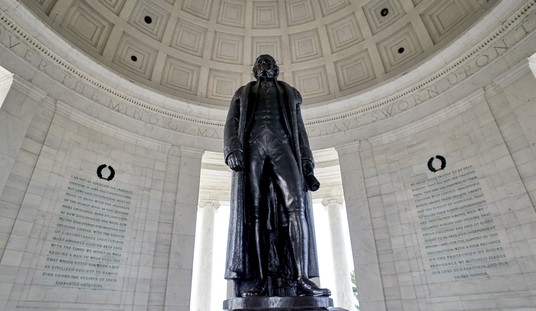Today's hyper-connected, social media driven world shapes the information and news that each of us consumes. What many of us see on search engines, Facebook and Twitter is based on our history, our likes and our preferences. While this might lead us to click on much of the content curated for us as individuals, it also means that we will see very different information than others -- with different histories and preferences -- will see.
What I consider to be important news may never be seen by the person across the aisle from me on a plane. Or it might be presented from a totally different perspective, leading that person to a different and possibly opposite interpretation and understanding.
This disparate news and information distribution system leaves us with vastly different foundational understandings or frameworks for making sense of the world. With different underlying frameworks, people may understandably find themselves on opposite sides of an argument -- and may find it tough to come to agreement. They may believe they are simply arguing about facts, but one person's understanding of what those facts mean can differ greatly from another's.
For an example, spend 10 minutes on MSNBC and 10 minutes on Fox News covering the same story and you will find vastly different interpretations.
Coming to agreements in this complex news distribution system requires the ability to think broadly. Barbara Fredrickson, professor of psychology at the University of North Carolina at Chapel Hill, has found that positive emotions such as joy and contentment have "the potential to broaden people's habitual modes of thinking and build their physical, intellectual, and social resources."
Fredrickson found that negative emotions -- fear, anxiety, stress -- tend to narrow a person's tendencies toward thought and action. In other words, it is harder for people to think of potential options when they are experiencing negative emotions than when they are experiencing positive emotions.
Recommended
If positive emotions allow us to broaden our thinking and negative emotions narrow our thinking, imagine what's happening to our society as we focus on grievances rather than gratitude. While that focus on grievances might lead to righting a "wrong," it may also limit that person's receptivity.
In their study, "Blinded by Anger or Feeling the Love," Francesca Gino and Maurice Schweitzer "demonstrate that emotional states influence how receptive people are to advice." Even when the advice and advisers are identical, the findings note, "people who feel incidental gratitude are more trusting and more receptive to advice than are people who feel incidental anger."
Specifically tested is the influence of incidental emotions, i.e., emotions that are not part of the decision at hand, but incidental to it. Students at Carnegie Mellon University, about half of them male and half female, were each shown one of three video clips -- an angry video clip, a clip of a scene of gratitude and a neutral clip. After viewing the clip, they were asked to estimate the weight of a person in a picture and provided with advice on the answer from a supposed prior participant.
The results? Those who experienced incidental gratitude were more trusting and receptive to advice than were those in the neutral state, and those who experienced incidental anger were less trusting and receptive than participants in the neutral state.
Emotions, even those not connected with the decision at hand, make a difference in our receptiveness to advice.
So, in our world of disparate news services that leave us with foundational differences in our world views, we can focus on grievances rather than gratitude. But that can leave us less trusting and unable to think broadly. And that can l lead to fewer solutions.
Sound familiar?
A possible antidote? To become a Happy Warrior, who William Wordsworth wrote "is the generous Spirit... Is happy as a Lover; ...Finds comfort in himself and in his cause."
Someone who is happy and content, possibly even joyful, as he or she works toward making progress in a given area. Happy Warriors can move forward through failures and conflicts, thinking more broadly and perhaps better understanding of those who oppose them.
To do this, slow down, immerse yourself in sources of information you may not be used to, and take time to be grateful and to understand that our grievances, while possibly real and just, might be best approached and solved if viewed and understood within a framework of joy and gratitude.

























Join the conversation as a VIP Member